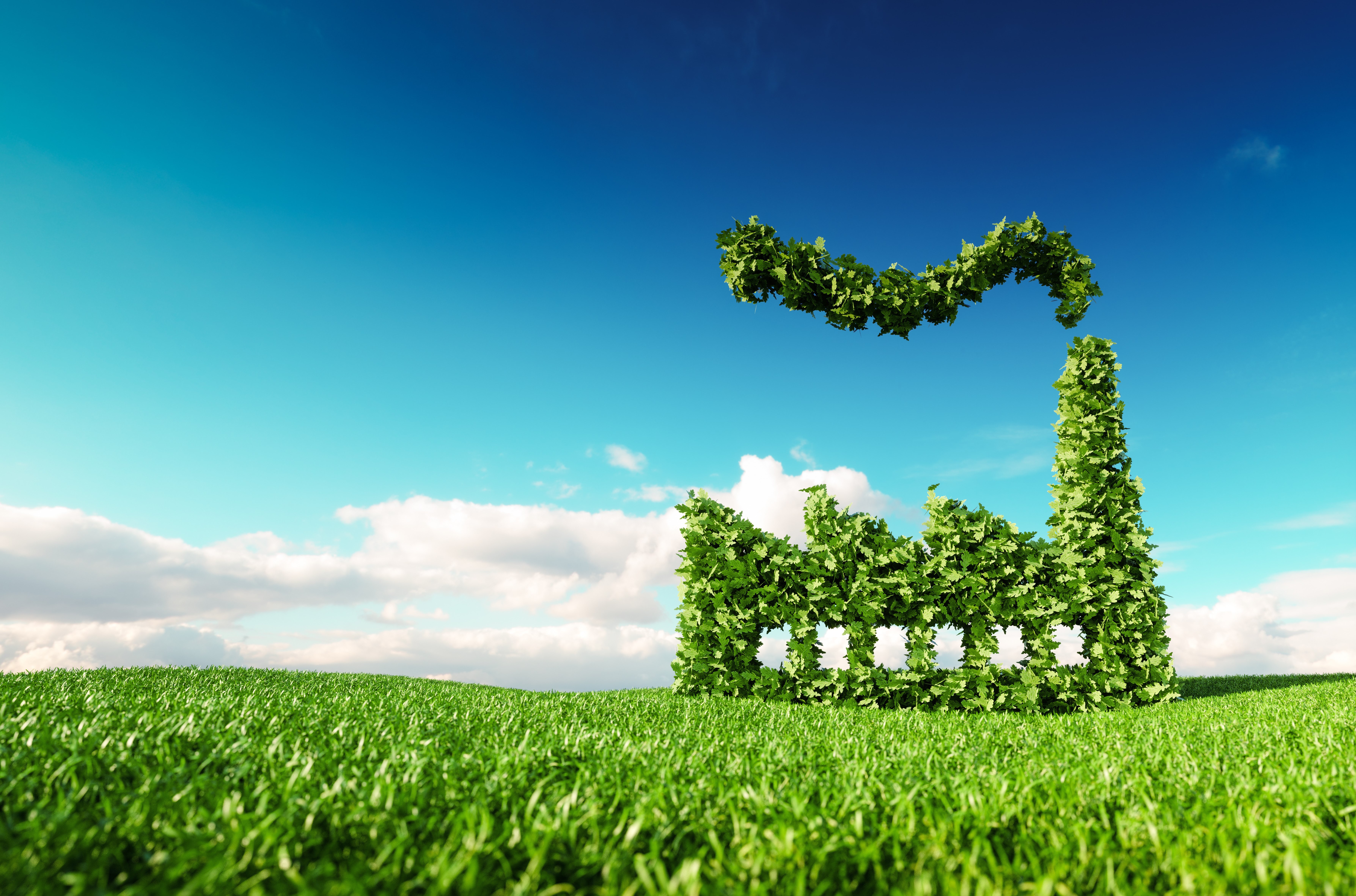Embracing a Sustainable Future: COP28 Insights
3 min read

COP28 - the 28th annual United Nations Climate Change Conference - was a major global summit which took place in Dubai on 30 November until 12 December 2023.
Here, world leaders and stakeholders gathered to negotiate strategies for tackling the urgent concern of climate change. From accelerating efforts to reduce greenhouse gas emissions, to the transition to renewable energy and enhanced global climate resilience, COP28 underlined the importance of increased energy efficiency and significant emissions reduction.
Key outcomes include:
- Implementation of the Loss and Damage Fund. This fund aims to financially assist developing, climate-vulnerable countries.
- Establishment of the Global Goal on Adaptation Framework. Setting specific, time-bound targets for themes such as water, health, and the adaptation policy process.
- Global Stocktake (GST) Completion. This emphasised the need to cut greenhouse gas emissions, expand renewable energy, improve energy efficiency, and phase out coal power and inefficient fossil fuel subsidies.
- Focus on Climate Finance. Discussions on a new collective quantified goal for climate finance took place, starting from a baseline of $100 billion per year, to support national climate plans.
- Linking Climate Action with Nature Conservation. This recognised the interconnection between addressing climate change and conserving nature.
Crucially, this was the first COP to officially acknowledge that fossil fuels are the root cause of climate change. As part of the ‘Global Stocktake’, countries agreed to ‘transition away’ from fossil fuels in energy systems, so as to achieve net zero by 2050.
Increased Energy Efficiency: A Key Focus for UK Manufacturers
The call for enhanced energy efficiency resonates strongly with the UK's industrial landscape.
The UK - having committed to ambitious targets, such as doubling the rate of energy efficiency improvements, and further reducing emissions by 2030 - finds these global directives particularly relevant.
The UK's manufacturing sector - known for its diverse range of industries from automotive to pharmaceuticals - is now under increased pressure to innovate and adapt. Energy efficiency, a critical aspect of this transformation, involves not only optimising production processes but also rethinking energy use throughout the entire lifecycle of products and services.
Navigating Emission Reduction Targets
In line with COP28's outcomes, UK manufacturers are now tasked with intensifying their efforts to reduce greenhouse gas emissions. This aligns with the UK's own commitment to achieve net zero emissions by 2050.
To meet these targets, industries must implement more sustainable practices, such as adopting renewable energy sources, improving waste management and enhancing energy conservation measures.
Implications for Business Operations and Competitiveness
Without a doubt, these shifts are challenging - but they offer exciting opportunities for UK manufacturers, too.
By embracing sustainable practices, businesses can not only reduce their environmental impact but also enhance their competitiveness in a global market, which is increasingly focused on sustainability.
Companies leading the charge are likely to see benefits in terms of brand reputation, customer loyalty, and even operational cost savings – but of course, this transformation is a significant undertaking. Knowing how and where to start is difficult enough; let alone managing the initiative long-term, and having the confidence that your investments will pay off.
Supporting Manufacturers to Achieve Their ESG Goals
Digital solutions play a pivotal role in helping manufacturers face their sustainability challenges head-on. By harnessing the power of data, real-time insights into energy consumption can be obtained – powering improved resource utilisation and operational efficiency.
When employing advanced analytics and IoT (Internet of Things) technologies, manufacturers can identify inefficiencies, reduce energy waste, and minimise environmental impact with confidence.
Moreover, digital solutions can enable proactive monitoring, allowing manufacturers to make data-driven decisions that align with sustainability objectives. This transformative approach not only enhances environmental stewardship, but also contributes to social and governance aspects by improving transparency, compliance, and overall business sustainability.
RS Industria is one such example, offering an innovative digital solution to meet the evolving challenges faced by the manufacturing industry.
By leveraging RS Industria's digital monitoring capabilities, as well as RS’ wider Maintenance Solutions, manufacturers can:
- Identify inefficiencies.
- Optimise energy usage.
- Make data-driven decisions that align with both national and global sustainability goals.
These comprehensive services span the entire asset management lifecycle, focusing on maintaining, protecting, and improving operations, with a special emphasis on energy efficiency and sustainability.
Real-World Sustainability Success
By harnessing RS Industria's solutions, manufacturers have recorded remarkable results - including significant reductions in CO2 emissions and energy consumption.
Real-time monitoring led to an 18% decrease in energy consumption for one manufacturer; while another saved 60 tonnes of CO2 per year.
That’s not all. You can discover more about how manufacturers are lowering costs and improving sustainability with RS Industria here.
Progressing with Purpose: The Sustainable Journey Ahead
The COP28 summit has brought into sharp focus the need for manufacturers to evolve towards more sustainable practices.
Businesses needn’t address this challenge alone. Digital solutions are here to support, collaborate, and guide manufacturers during this transformation, empowering not only immediate reductions in energy, but also creating a positive legacy for generations to come.


